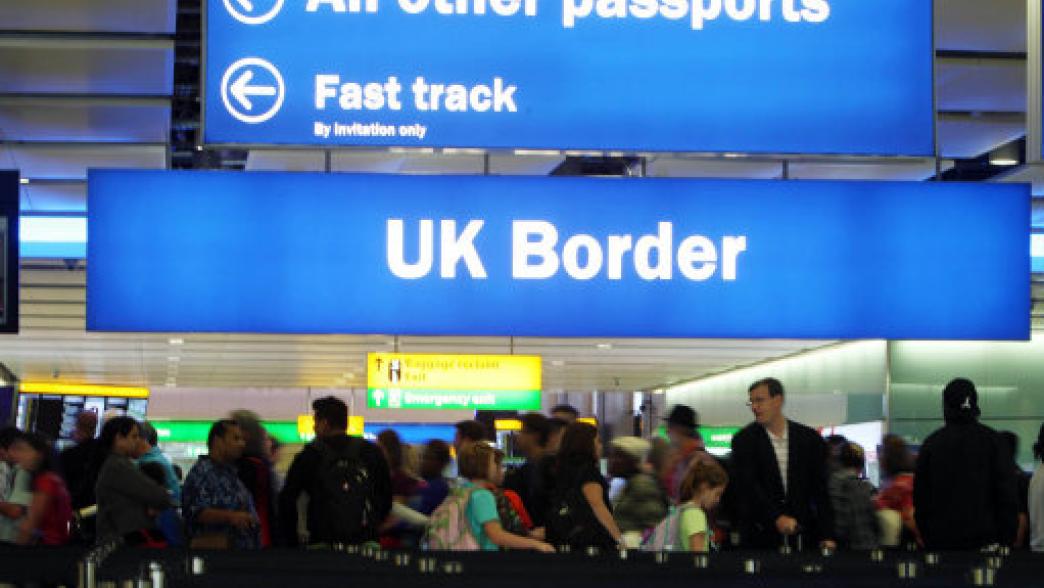Explainer
Key questions on UK immigration
It is important to first point out that the UK already has full control over immigration from outside the European Economic Area (EU member states, pl

It is important to first point out that the UK already has full control over immigration from outside the European Economic Area (EU member states, pl

What are the possible legal challenges to the government's Rwanda asylum plan?
How many MPs are standing down at the next election, and why?
On 2 May 2024, voting will take place for 10 metro mayors across England. How will this process work?
What is public service productivity and how is it measured?